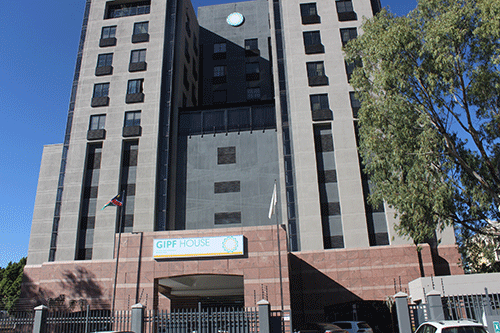The delay in timely payments of benefits to Government Institutions Pension Fund (GIPF) members and beneficiaries can be attributed to incomplete and inaccurate information provided.
This was said by GIPF manager for marketing services, Amos Kambonde in a media statement on Tuesday.
According to Kambonde, some of the challenges the fund faces with the payment of death benefits are attributed to the lack of outdated beneficiary nomination forms and issues related to full birth certificates, with the latter being the most significant problems.
“The obligation placed on the fund to trace dependents of a deceased member can be a cumbersome task if a member of a fund did not ensure that his/her personal life contains all relevant, complete and up-to-date information while he/she was alive and still working,” he said.
Kambonde said it is therefore imperative that members ensure that their personal files are up to date at any given time so that members or dependents are paid in a timely manner and prevent a break in the monthly disposable income.
He further said the pension funds have come up with beneficiary nomination forms which are tools that members can use to list their dependents with all relevant information with the purpose of easing the process of tracing.
Some members, however, either do not complete beneficiary nomination forms or where they have done so, the information is not up to date.
Kambonde said a full birth certificate, on the other hand, is a legal document that links a child to their biological mother or father. At GIPF, most of the death benefits claims of members that are submitted to the fund have full birth certificates, but with information that is either insufficient or inaccurate, he said.
“This is the information that is supposed to serve as proof that a specific child is a biological child of the deceased member. This becomes a challenge if the full birth certificate does not reflect who the parent of the child is,” said Kambonde. -Nampa


